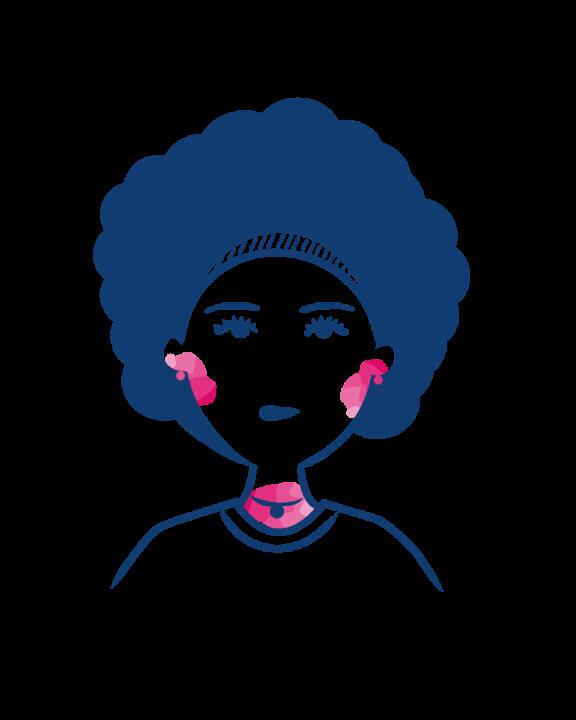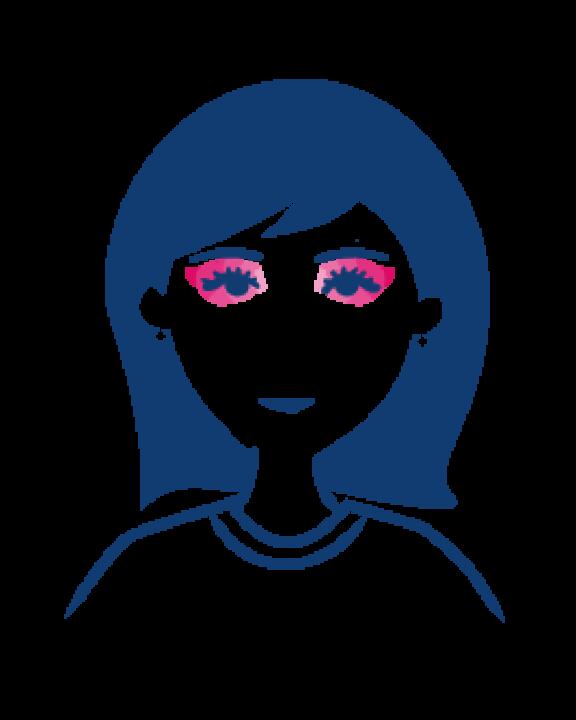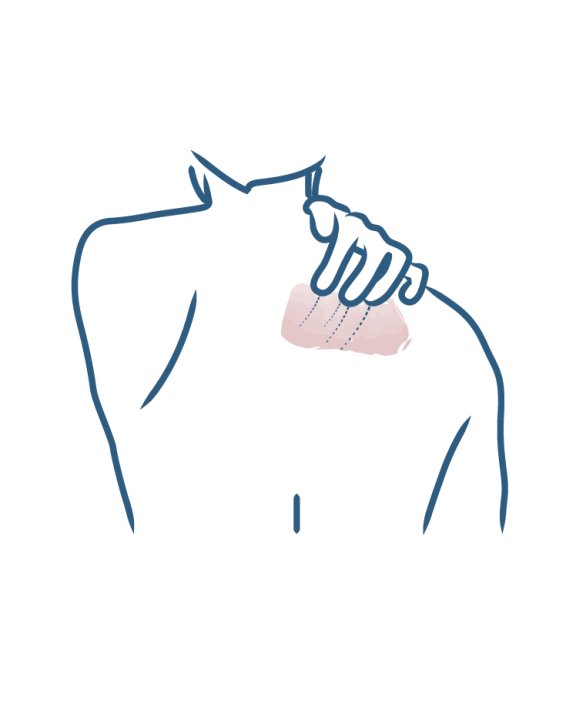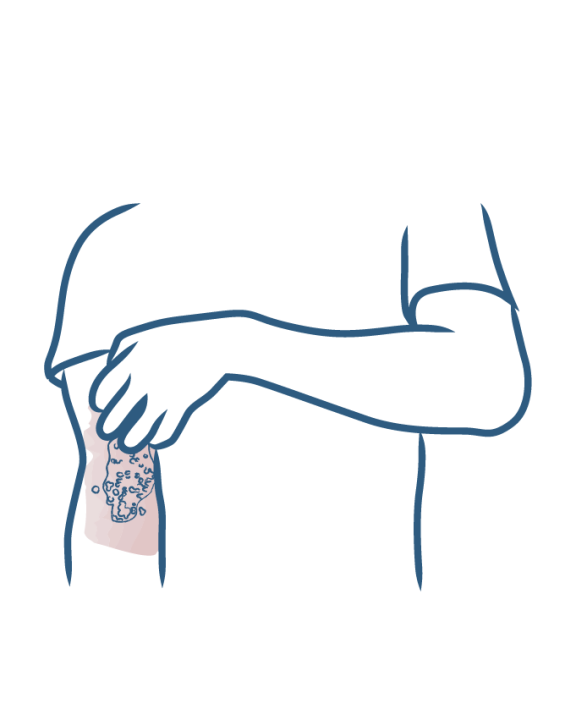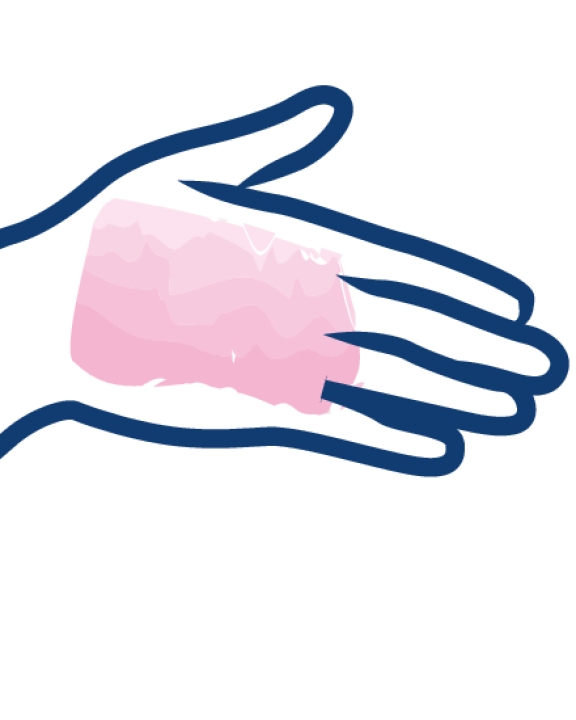- SUMMARY
- Eczema
Baby’s eczema, infant eczema: what is it?
- Living with eczema day to day
- What are the habits to avoid when you have eczema?
- Eczema cream, ointment: what should you use?
- What soap should be used for eczema?
- Swimming pool, swimming when you have eczema?
- Eczema: can it be cured?
- Eczema: how to treat itching
- Eczema: what foods should you eat?
- Eczema: What daily reflexes should you adopt?
- Which detergent should eczema patients use?
- Eczema: how can flare-ups be avoided?
- What causes eczema?
- Clothing contact eczema
- Perspiration-induced eczema
- Contact eczema due to cosmetics
- Contact eczema due to medication and topical treatments
- Hereditary eczema
- Contact eczema due to cleaning products
- Contact eczema due to nickel and chromium
- Allergy-induced eczema
- Stress-induced eczema
- Body eczema: hands, feet, arms, back, face, etc.
- Arm eczema (elbows, armpits, forearms)
- Foot eczema
- Eczema in the ears
- Scalp eczema
- Eczema on the back
- Eczema on the stomach and belly button
- Eczema around the mouth
- Leg eczema or varicose eczema
- Eczema of the eyelids, eyes or palpebral eczema
- Eczema on the neck and nape of the neck
- Facial eczema
- Hand and finger eczema (chronic hand eczema)
- What is infantile eczema?
- Eczema in babies: what habits should you adopt?
- How should you treat baby’s and infant’s eczema?
- When should you consult a physician about your baby's eczema?
- Cortisone cream to relieve eczema?
- What soap should be used for babies with eczema?
- Eczema in babies and children: the areas most often affected

Baby’s eczema, infant eczema: what is it?
Baby's eczema is a very common skin disease and is particularly troublesome in everyday life. When red plaques appear on the baby's body and face, the whole family often becomes concerned. Parents are very worried and usually have many questions about eczema.
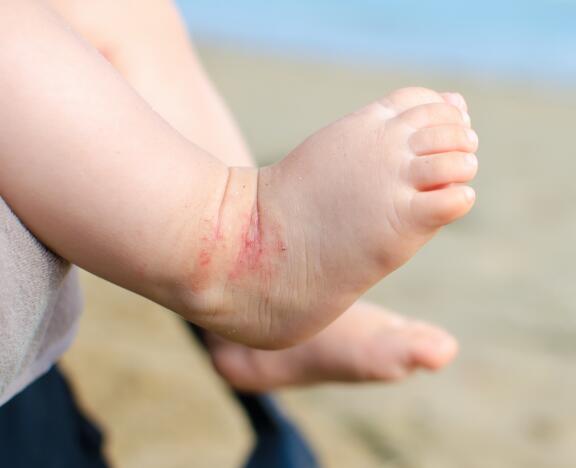
Eczema in babies: the most frequently affected areas
Infantile eczema is most often atopic eczema, also known as atopic dermatitis: a form of eczema that is genetically transmitted and characterized by the loss of the skin's protective barrier function.
In case of atopic eczema in babies, the lesions of the body mainly affect the arms, shoulders, thighs, stomach, etc. On the face, we tend to find eczema on babies’ cheeks.
When should you consult a physician?
When babies have eczema on the face, it scares the other parents at the daycare center. When babies have eczema on the stomach, they try to scratch through their clothes. When babies are covered with red plaques, they cry, and are grumpy, and fidgety as they try to rub the skin and get some relief. Faced with their baby's eczema, parents don't know what to do, they don't know who to trust, they can't sleep, they look for causes for their baby's eczema, they start changing everything in the house, they strongly consider changing the milk, and so on.
Stop! The first thing to do is to consult a physician: general practitioner, pediatrician or dermatologist, as the case may be. The physician makes the diagnosis of infant atopic dermatitis and prescribes the first treatments.

How should you treat baby eczema?
The treatment of baby eczema is based on cortisone creams to be applied to the plaques and emollients to be applied to healthy skin.
Parents are on the front line: they apply the treatments according to the medical prescription and are attentive to a possible modification or persistence of the lesions despite well-managed treatment. If this happens, they should make an appointment with their physician.
Which soap should you use for baby's eczema?
In the management of baby's eczema, cleansing is inseparable from skin hydration. The physician or pharmacist can guide you in the choice of a cleansing product adapted to the baby's atopic skin as well as in the choice of a cream for the baby's eczema.
Traditional soaps (Marseille soap, Aleppo soap, etc.) are based on natural products, without preservatives, dyes or fragrances. At first sight, they are useful in case of skin hypersensitivity and "allergy to everything" but because of their basic pH they tend to dry out the skin and destroy the hydrolipidic film (protective film on the surface of the skin). In the case of eczema, it is important to perform physiological pH care.
Ideally, traditional soaps should therefore be replaced by ultra-rich soaps, syndets ("soap-free soaps") or cleansing oils, without allergenic or irritating ingredients to limit the risk of sensitization and skin reaction.

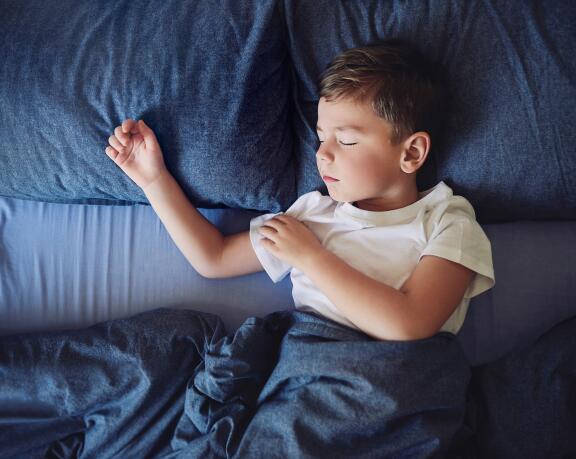
Baby's eczema: what habits should you adopt?
Concerning the necessary adaptations in the baby's environment in case of eczema, there is only one watchword: common sense! Nothing is prohibited, nothing is obligatory, and above all no measure alone can ensure the pure and simple disappearance of the condition. If the baby loves soft toys, there is no need to remove them, just wash them regularly.
Similarly, if your baby feeds normally and does not suffer from any digestive problems, there is no need to change the milk. In babies, food-induced eczema is ultimately very rare and should not lead to restrictive and far-fetched diets that cause deficiencies.
Key points to remember
Baby's eczema can be a major event in a family's life. Without trying to change everything in the house, it is necessary to adapt the baby's environment as much as possible. Not to make the eczema disappear completely, but to limit the risk of a flare-up. Meeting healthcare professionals trained in atopic dermatitis in infants and talking with other parents, for example in therapeutic education workshops, helps you feel less alone and helps you better cope with the disease on a daily basis.

Our care routines
Skin prone to atopic eczema, contact eczema, chronic eczema and/or, eyelid eczema
Dermatological expertise
To better understand your skin and hair, discover our exclusive content and innovative care products designed to improve your quality of life..

